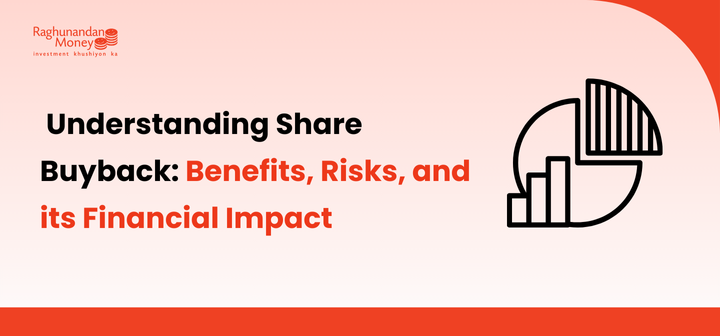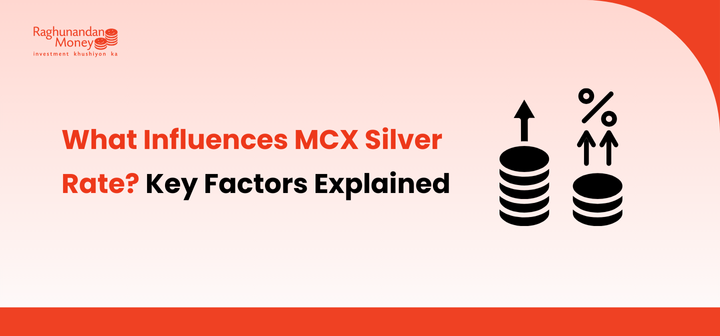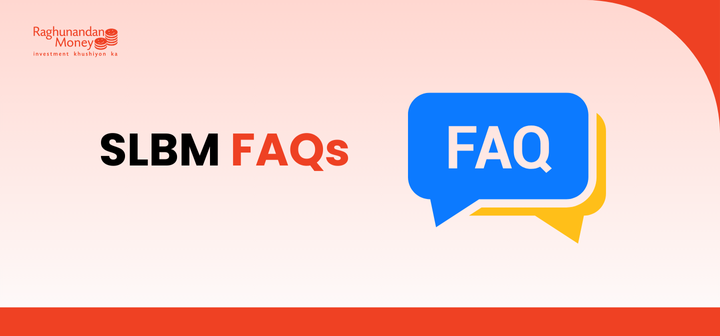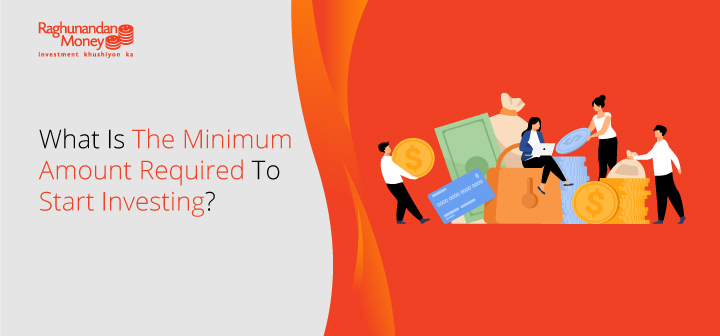Understanding Share Buyback: Benefits, Risks, and its Financial Impact
Disclaimer- Investments in the securities market are subject to market risks. This content is for educational purposes only and does not constitute any financial advice.
Share buyback refers to the practice of firms buying back their own shares from current owners, either through an open market transaction or a tender offer. The price of these shares is typically higher than the existing market price.
Companies can repurchase shares via the secondary market if they opt for the open market process. However, those who choose the tender offer can submit a part of their shares within the allotted time. Buybacks serve as an alternative method to reward shareholders besides paying dividends.
KEY TAKEAWAYS
- In a share buyback, companies repurchase their outstanding shares from shareholders.
- Share buybacks increase promoters’ control and enhance earnings per share (EPS).
- The key advantages of share buyback include efficient use of cash reserves, protection against hostile takeovers, and positive growth prospects.
- Some drawbacks of share buyback include potential miscalculation of company valuation and delays in major investment projects.
Reasons for Buyback
A company may have several reasons for conducting a buyback:
- Share buybacks lower the capital base, leading to higher earnings per share (EPS).
- It acts as a defense mechanism against corporate takeovers by increasing promoters’ holdings.
- Buybacks provide flexibility by allowing companies to reduce their equity base when necessary.
- They reduce the floating stock ratio, increasing the shares’ intrinsic value.
- Repurchases allow businesses to expand their capital bases without raising additional funds through mergers and acquisitions.
Different Methods of Share Buyback
1. Buying from the Open Market
- The company purchases its own shares from the market through brokers.
- Buyback programs may last for an extended period and can be modified based on business requirements.
2. Tendering
- The firm issues a tender to buy shares from existing shareholders at a fixed price, usually above the current market value.
- The buyback proceeds are based on investor participation.
3. Repurchase by Direct Negotiation
- Companies negotiate directly with major shareholders, offering a price higher than the existing rate.
4. Dutch Auction Tender Offer
- Instead of a fixed price, a price range is offered, allowing investors to place bids within that range.
Financing Aspects of Buyback
Companies require significant funds for buybacks, which can be arranged through:
- Internal funding from profits
- Maintaining adequate cash reserves
- Selling short-term investments
- Issuing fixed deposits, loan bonds, or debentures
- Loans and overdraft facilities from banks
Share Buyback vs. Dividend
| Aspect |
Share Buyback |
Dividend |
| Definition |
The company repurchases its own shares. |
Regular cash payout to shareholders. |
| Purpose |
Reduces outstanding shares to boost EPS. |
Distributes profits to shareholders. |
| Frequency |
Irregular and flexible. |
Regular (quarterly/annually). |
| Tax Implications |
More tax-efficient (capital gains tax). |
Taxed as income. |
| Impact on Shares |
Reduces total shares outstanding. |
No impact on outstanding shares. |
| Investor Preference |
Preferred by growth investors. |
Preferred by income-focused investors. |
Impact of Share Buybacks on Financial Metrics
Share buybacks decrease the number of outstanding shares, increasing EPS and making the company appear more profitable per share. This also improves return on equity (ROE) and affects the price-to-earnings (P/E) ratio. However, buybacks do not alter actual operational performance and should be evaluated alongside other financial indicators.
Advantages of Share Buyback
- Efficient use of excess cash reserves.
- Alters capital structure, balancing equity commitments.
- Signals confidence in the company’s future prospects.
- Provides a defense against hostile takeovers.
- Increases promoter control over the company.
- Enhances EPS and P/E ratios.
- Helps firms with high liquidity optimize capital use.
- Leads to higher dividend yields post-buyback.
Disadvantages of Share Buyback
- EPS and ROA ratios may rise artificially due to reduced shares rather than increased profitability.
- Misjudgment of company valuation by management could lead to ineffective buybacks.
- May hinder major investment projects by utilizing cash reserves.
- Can be used unethically to increase promoter holdings.
Regulatory Measures Governing Share Buyback
Share buybacks are governed by the Companies Act, 2013, and SEBI (Buy-Back of Securities) Regulations, 2018. These regulations specify:
- Maximum buyback limits and methods (tender offer or open market).
- Cooling-off periods before another buyback can be initiated.
- Solvency requirements and shareholder disclosure obligations.
Conclusion
A share buyback allows companies to repurchase outstanding shares, offering benefits such as increased EPS, enhanced promoter control, and better capital allocation. However, stockholders should carefully evaluate buyback proposals considering financial needs and risk tolerance before making decisions.
For more information, contact RMoney at 0562-4266600 / 0562-7188900 or email us at askus@rmoneyindia.com
Kickstart your investment and trading journey effortlessly with RMoney. Open your Demat Account today and take the first step towards smarter investing and trading!

Stock Trading Now trade in ₹9 Per Order or ₹ 999 Per Month Plans.
Future & Options Access F&O contracts with advanced tools for hedging and speculation.
Currency Trading Trade in major currency pairs and manage forex exposure efficiently.
Commodity Trading Diversify Trading with MCX & NCDEX by Trading in Gold, Silver, Base Metals, Energy, and Agri Products.
Margin Trading Funding Boost your buying power with upto 5X, Buy now Pay Later
Algo Trading Back test, Paper Trade your logic & Automate your strategies with low-latency APIs.
Trading View Leverage Trading View charts and indicators integrated into your trading platform.
Advanced Options Trading Execute multi-leg option strategies with precision and insights.
Stock Lending & Borrowing Earn passive income by lending stocks securely through SLB.
Foreign Portfolio Investment Enable NRIs and FPIs to invest in Indian markets with ease and compliance.
IPO Invest in upcoming IPOs online with real-time tracking and instant allotment updates.
Direct Mutual Funds 0% Commissions by investing in more than +3500 Direct Mutual Fund Scheme.
Corporate FDRs Earn fixed returns with low-risk investments in high-rated corporate fixed deposits.
Stocks SIPs Build long-term wealth with systematic investment plans in top-performing stocks.
Bonds & NCDs Access secure, fixed-income investments through government and corporate bond offerings.
Depository Services Safely hold and manage your securities with seamless Demat and DP services with CDSL.
Journey Tracing our growth and milestones over time.
Mission & Vision Guided by purpose, driven by long-term vision.
Why RMoney Platform Smart, reliable platform for all investors' needs.
Management Experienced leadership driving strategic financial excellence.
Credentials Certified expertise with trusted industry recognition.
Press Release Latest company news, updates, and announcements.
Testimonials Real client stories sharing their success journeys.
7 Reasons to Invest Top benefits that make investing with us smart.
SEBI Registered Research Trusted insights backed by SEBI-compliant research.
Our Technology Advanced tools enabling efficient online trading.
Calculators Access a suite of smart tools to plan trades, margins, and returns effectively.
Margin Calculator Instantly check margin requirements for intraday and delivery trades.
MTF Calculator Calculate MTF funding cost upfront to ensure full transparency before placing a trade.
Brokerage Calculator Know your exact brokerage charges before placing any trade.
Market Place Explore curated investment products and trading tools in one convenient hub.
RMoney Gyan Enhance your market knowledge with expert blogs, videos, and tutorials.
Performance Tracker Track our research performance with full transparency using our performance tracker.
Feedback Share your suggestions or concerns to help us improve your experience.
Downloads Access important forms, software, and documents in one place.
Locate Us Find the nearest RMoney branch or service center quickly.
Escalation Matrix Resolve issues faster with our structured support escalation process.
Back Office Log in to view trade reports, ledger, and portfolio statements anytime.
Account Modification Update personal or bank details linked to your trading account.
Fund Transfer Transfer funds instantly online with quick limit updation to your trading account.
Bank Details View our registered bank account details for seamless transactions by NEFT, RTGS or IMPS.
How to Apply IPO Step-by-step guide to apply for IPOs using your trading account.
RMoney Quick Mobile App Trade on-the-go with our all-in-one mobile trading app.
RMoney Quick login Quickly access your trading account through the RMoney Quick web-based trading.
RMoney Rocket Web Version Experience powerful web-based trading with advanced tools for algo traders.
RMoney Rocket Mobile Version Trade anytime, anywhere with our feature-rich mobile trading platform.



















